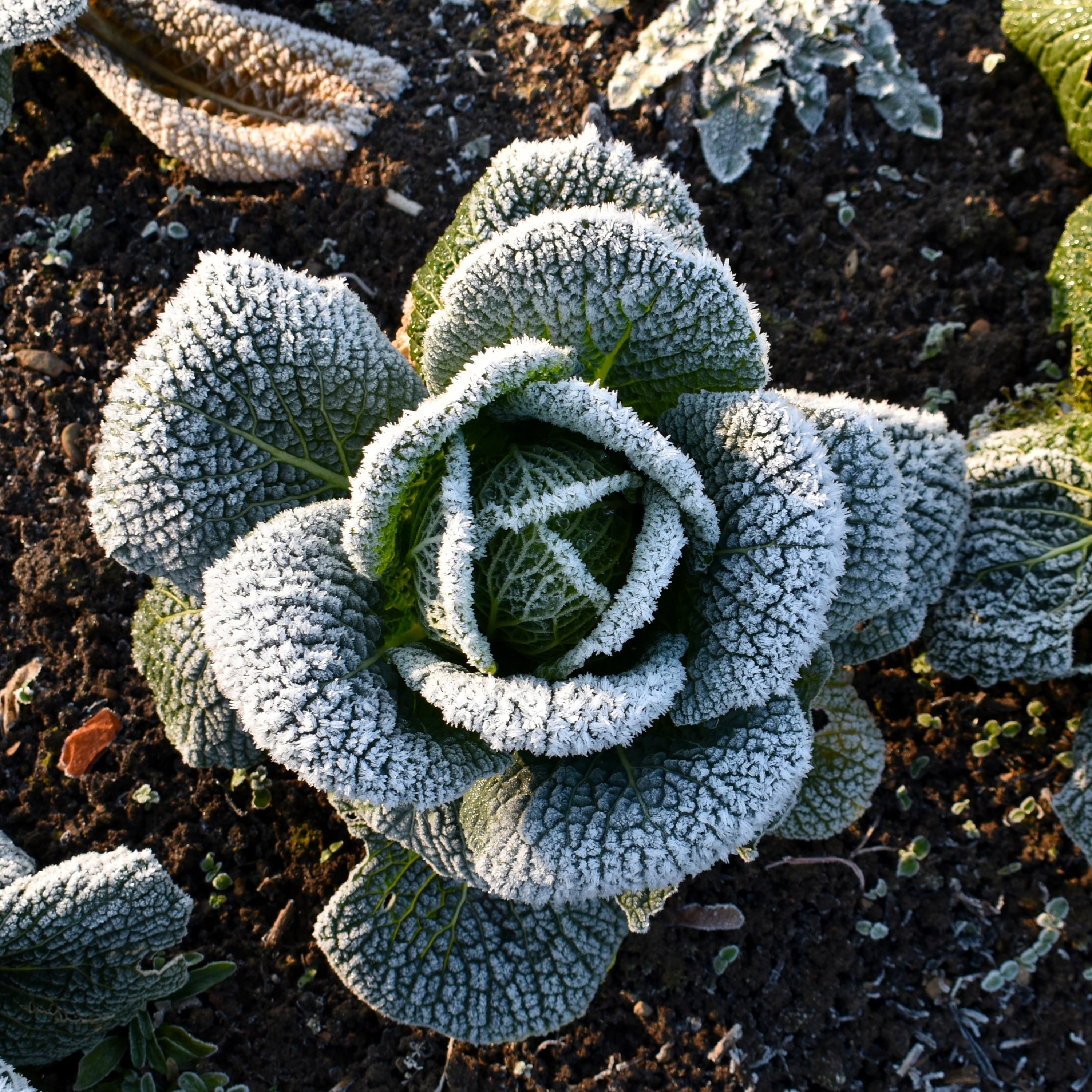
It’s harvest time! Though we’re only in the early stages of fall, the weather is already starting to get cooler. Your heat-loving plants are finishing up their production for the year, while squash and pumpkins ripen on the vine. There’s plenty of preparation for fall and winter, especially for growers working in one last crop of late-season veggies!

A variety of vegetables are well suited to a late season harvest. Lettuce, carrots, radishes, and turnips, are commonly grown in the late-fall for their heartiness and quick grow time. Some crops, such as kale, spinach, and brussels sprouts, become sweeter when they’re hit with a light frost, making them ideal choices for growing in the late season. Though these veggies are hardier to cold temperatures, they still need protection from hard freezes, as well as a final hit of nutrition to power your plants through the season.
Activated Compost is the perfect late-season amendment because it supplies organic matter and diverse nutrients to plants and the soil. The organic matter in our compost provides a layer of insulation for plants, protecting tender greens and fragile roots from dramatic cold. Compost also contains diverse nutrients, along with the biology needed to make those nutrients available. Adding a layer of compost over your fall veggies is perfect for finishing off any remaining summer fruit, and powering your crops to a strong harvest. Late-season crops rely on biology to support nutrient uptake, making the natural biology in compost incredibly important to plants during the change of the season.

More than just an amendment for your late-season produce, compost is also perfect for tending to your dormant beds, breaking down crop residue and incorporating nutrients into your soil. This process of reincorporating nutrients gives you a jump on the spring season, as well as breaking down roots, dead leaves, and vines. Add a 1-2 inch layer of Activated Compost to any beds that are finished for the season, giving the natural biology a season to work nutrients and organic material into the soil. Providing additional nutrients to your garden bed is important to boosting soil health.
Though we’re still in the early stages of fall, there are some easy ways you can get started on your fall maintenance, and save yourself from extra maintenance later in the season. Winter vegetables can keep the productivity going by extending your growing season, and preparing your garden for spring.


